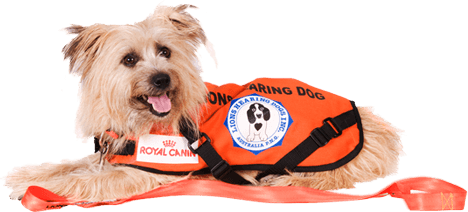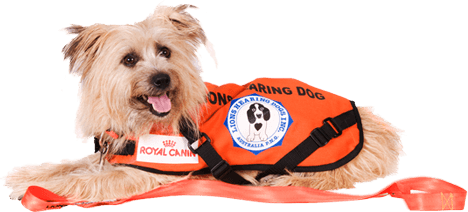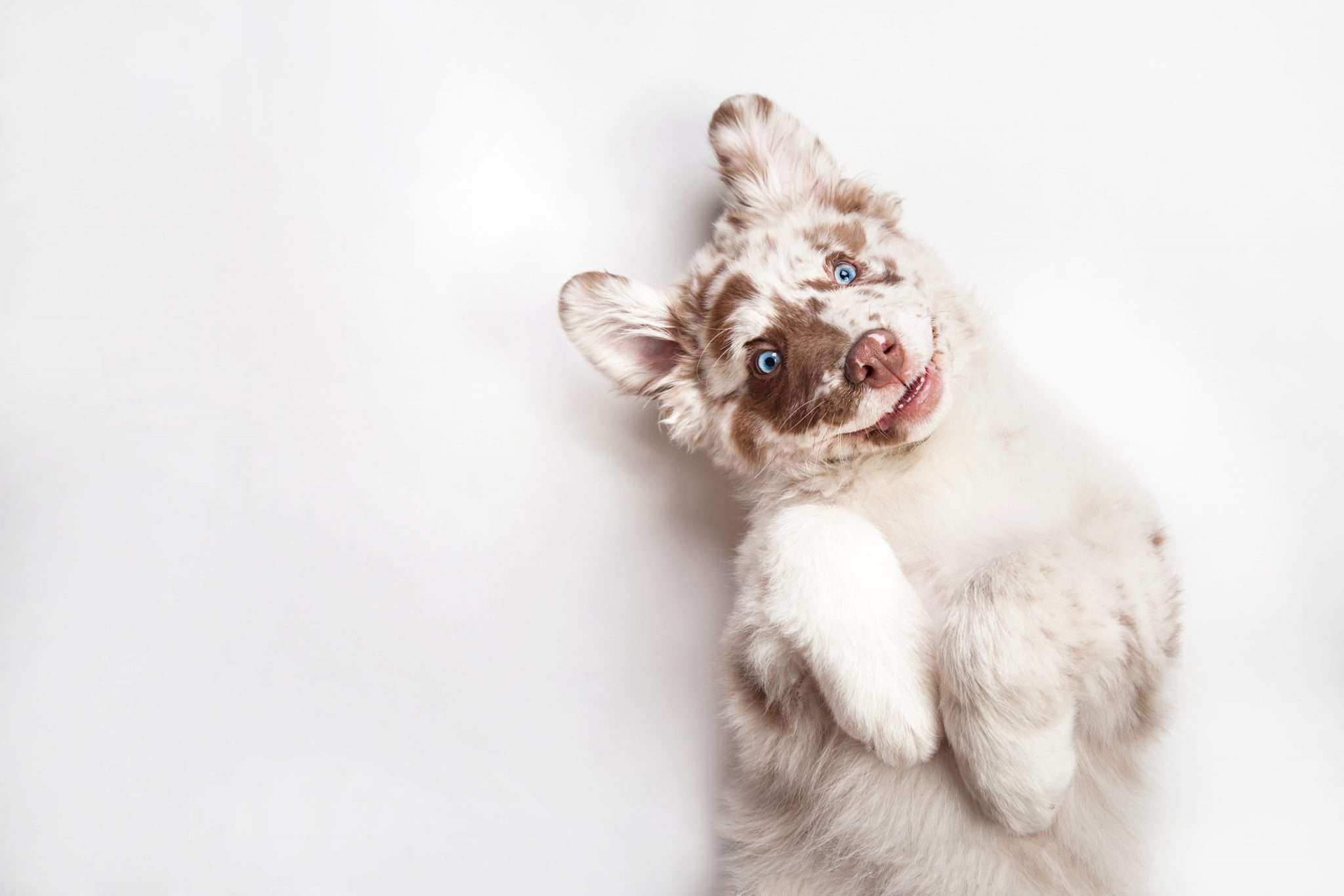My aunt and uncle grew older. Their children grew up too. They went to college and eventually secured jobs in nearby cities, leaving the nest empty and quiet.
My aging kin was blessed with good health and comfortable life. With my cousins gone and a house to themselves, my aunt and uncle decided they should add another member to their family to fill the void, so they did what couples in their early 60s do, get a dog. Her name is Waffle.
She's a yellow lab who was initially bred into the intense and prestigious community of seeing-eye dogs. Kind, gentle, and friendly, Waffle was the perfect addition to a home in need of some extra life.
Waffle failed the seeing eye tests and, after proving she could not stay on task as well as some of her peers, she was up for adoption as a mere companion and friend. Perhaps, this fate actually seems more suited to and desired by dogs instead of having the burden of constantly being there for your human; always making sure they are out of harm's way.
I mean, it's not like dogs get paid more for being more intelligent and important in a human's life. Maybe the appeal comes from the irrevocable bond that humans and canines have shared for centuries.
Alas, the companionship of hearing ear dogs comes into focus! When, instead of being handicapped by the loss of sight, a person loses his or her hearing, that person faces different obstacles in day-to-day activities.
While a person with hearing loss may not have to worry about spacial awareness - where the stairs are and how to get down them - she may want to consider what could happen while sleeping or otherwise unaware of approaching sirens or alarms.
PAWS With a Cause, is an organization that provides hearing dogs for those who qualify for them. PAWS describes the potential for vast improvements that a hearing dog can have on a person who is hard of hearing and their quality of life. Instead of constantly finding oneself distraught over hearing an ambulance, a car horn, phone call, or fire alarm, a person could relax and rely on a hearing dog that could gently bring awareness to any issue that may arise.
The Hearing Ear Dogs are trained to physically alert their partner to sounds such as an alarm clock, telephone ring, or a child’s cry. A Hearing Dog nudges or paws its partner alerting them to a sound and then leading them to its source. They can also be taught to respond to American Sign Language for those who are non-verbal.
I can imagine a silent night spent sleeping, where my senses, enveloped in the sweetness of dreams, could be endangered by the carbon monoxide leaking from under the cement of a garage, the detector's alarm going off unheeded.
Hearing devices are not worn to bed and an intruder could breach your home completely unheard and uninhibited. In these instances, your hearing ear dog becomes your ears, just more animated, friendly, and devoted to your well-being than your ears could ever be.
If the potential grim consequences of not having a hearing dog by your side have not persuaded you to apply for one, perhaps simply having a dog and friend who loves and cares for you is all you need. The qualifications are fairly simple.
If you are over 18, have 30% bilateral hearing loss, and the ability to train and handle a dog, then you can probably have a hearing dog in your lap, licking your face sooner than later.
If you have a dog allergy, you could maybe request a hypoallergenic pup. Still, if prospective cases of pet maintenance and care seem a bit too daunting, just remember that our hearing aids are house-broken, never hungry, and don't shed!
By: Michael Strauss
Sources: PAWS with a Cause




